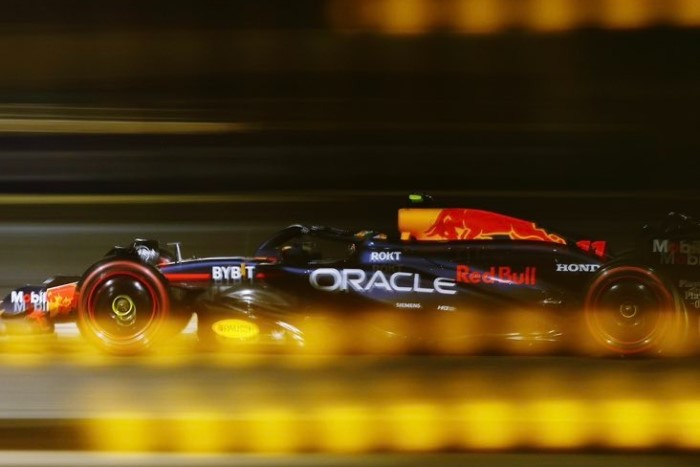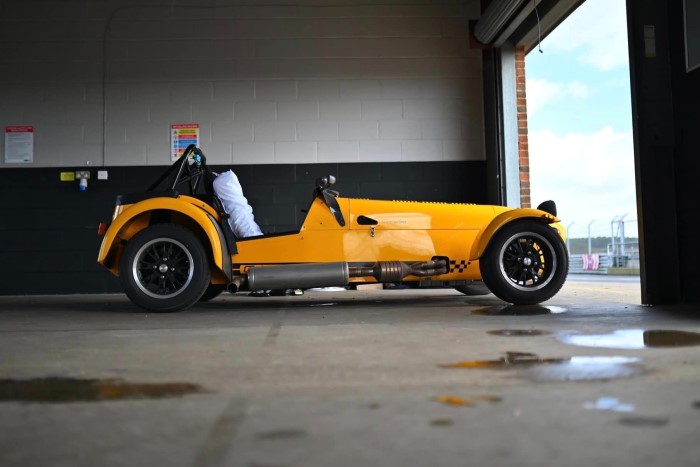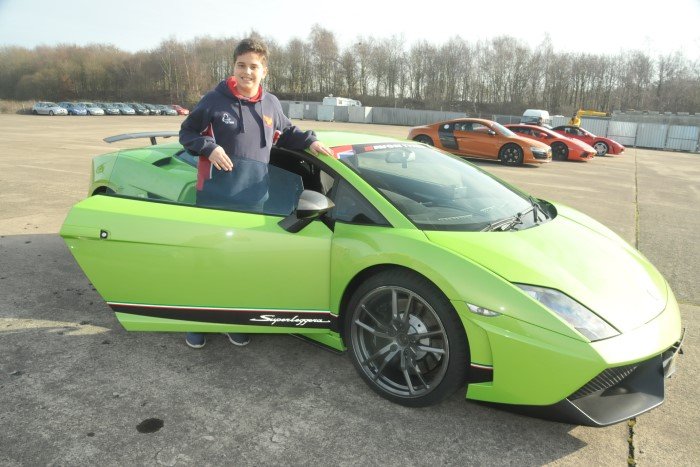It's 2019 and the car show season is nearly upon us. Events like the Geneva and Frankfurt motors shows are the stage for manufacturers to unveil new and exciting concept cars alongside upgraded versions of their most popular day-to-day vehicles. Companies such and Ferrari, Porsche, Lamborghini and the likes will all be parading their newest and hottest models waiting for the bustling crowd to put their hand deep into their pockets and buy into the sales pitch. The question arises, how well do you really know the motor industry?
There are three major players who have a wide net cast over the industry and who hold the aces. Below is a compiled list of companies that are owned by a larger brand or are still somehow running independently.
Back in late 2014 FIAT and Chrysler merged to create FCA. Together they have become the eighth largest makers of automobiles in the world. These two giants own the likes of FIAT, Alfa Romeo, Chrysler, Dodge, Jeep, Lancia, Maserati and Ram Trucks. Up until 2016, FAC also owned Ferrari before letting the most recognised supercar brand go.
Headquartered in Detroit, General Motors has been at the forefront of the motoring industry since its conception in the early 1900s. They have a long and vivid history of designing, manufacturing, marketing and distributing vehicles. Their list of cars is nearly as impressive as their history. They can put their name on the letterheads of Buick, Cadillac, Chevrolet, GMS and Holden Motors. It did, until August of 2017, have a controlling stake of Opel/Vauxhall until it was acquired by the French PSA Group for a cool £1.9bn.
But the granddaddy of the car world has to be Volkswagen. The German manufacturers have the game under lock and key. They are the largest makers of automobiles by sales. Not only do they shift their most popular car by the bucket loads in the form of the VW Golf, but just take a look at the names of the companies they also own. Audi, Bentley, Lamborghini, Seat, Saluki, Skoda, Bugatti and Porsche. That's a real who’s who of the biggest and best. After the big three, the list of car conglomerates gets a little smaller.
The Ford Motoring Company was founded by Henry Ford in 1903 and is known as the company that revolutionized the manufacturing of automobiles by using the now infamous assembly lines. It is also widely recognised that The Model T is considered the first mass-produced car. Ford's history of ownership is like a bad break up. At one point they either owned or held major stakes in Volvo, Mazda, Aston Martin and Jaguar, Land Rover. The latter two were sold to Indian steel giants TATA back in 2014. After nearly going bankrupt during the financial crisis, Ford is now again in a stable financial position.
Renault-Nissan have a newfound alliance. Renault owns the subsidiary company, Nissan. But Nissan controls another division that includes Datsun and Infiniti. Renault also owns James May’s favourite car the Dacia. Renault-Nissan recently gained control of one of the few remaining independent car manufacturers, Japanese giants Mitsubishi who are now equal partners, so two become three and the Renault-Nissan-Mitsubishi alliance was born.
PSA Group is a French multinational group consisting of Peugeot, Citroen and DS. In August of 2017, PSA purchased Opel and its subsidiary Vauxhall from GMC for a reported deal in the region of £1.9bn. After the acquisition, PSA became the second-largest manufacturer of automobiles in Europe with the Opel and Vauxhall brands as its biggest sellers.
Founded in 1948, Honda is the world's largest manufacturer of motorbikes and internal combustion engines. Most of its business is in these two key areas, however, it does also have a small market share in cars owning Acura as well its own range of cars such as the Civic.
BMW, the German manufacturer, owns two of the most well known British car brands. The loveable Mini and the refined and regal Rolls Royce. BMW is considered one of the strongest car brands in the world.
Daimler AG founded in 1998 owns Mercedes-Benz, their in-house performance team AMG, and Smart. They did also own Maybach but this luxury car was axed in 2012 after depleting yearly sales.
Mazda is one of only a few independent motoring companies. Starting life as a company that made tools it soon turned its hand to making cars. Ford sold its final 33% of shares in Mazda on 30th September 2015.
One of the largest car manufacturers in the world behind Volkswagen, Toyota owns Lexus, Hino Motors and Daihatsu. And along with Japanese conglomerate FHI who they have a partnership with they own a share in Subaru.
Hyundai is the newest of the car manufacturers on this list. The South Korean company manufactures its Hyundai range of crossovers, hatchback and saloons. What's strange is that it is a part-owner of KIA, which is also the main competitor.
Geely is a Chinese automotive company selling its passenger vehicles around the world under names such as Volvo, Proton, LYNK and CO and Lotus. 2010, 2013 and 2017 saw Geely make some big moves with acquisitions of Volvo from Ford, acquiring 49.9% equity in Proton and a 51% stake in renowned British sports carmaker Lotus.
In 2008 Ford sold its shares in Jaguar and Land Rover to TATA Motors, a subsidiary of the large Indian conglomerate TATA Group. TATA Motors also makes the Nano which at £2,500 is the cheapest new car you can buy on the market.
The Japanese brand Suzuki is known for producing a range of automobiles that consist of ATVs, four-wheel drive and motorcycles. It owns a major stake in Indian based company Maruti Suzuki India.
After all of this, there is just a handful of companies that are solely independent or are privately owned. Aston Martin is owned by a private consortium and Ferrari who was once owned by Fiat are now independent. The prancing horse of Ferrari can once again run free.
To put all this into perspective the motor industry is like a family tree, it can get confusing by the time you've got to the uncles and aunties, cousins and second cousins. There have been separations, affairs, marriages and deaths. We have created a visual representation of the information above in an easy to understand infographic.
Update: Since we wrote this article there have been some changes within the motoring industry. The biggest of which is the announcement that Fiat Chrysler Automobiles and PSA Groupe have agreed in principle of a 50-50 merger. The news of the merger had many investors jumping for joy, but many leading industry experts have revisions. Only time will tell if this merger will be the right move for both companies.





